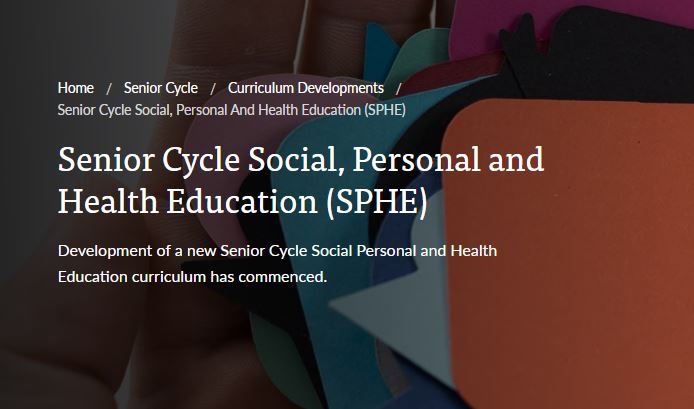
Catholic schools’ bodies have warned that a draft for a new SPHE curriculum for Senior Cycle “ignores” and “underplays” spiritual wellbeing.
The APTCS expressed “great concern” that “religion, spirituality and values seem to be ignored when all of them play a very important role in the development of young people,” the body said in their submission.
Concerns regarding the absence of spirituality from the new course were also raised by the Joint Managerial Body/Association of Management of Catholic Secondary Schools (JMB/AMCSS).
“Education cannot be deemed to be holistic in any sense if it ignores either our actions or the spiritual or moral basis of the values that inform such actions,” the body said in their submission.
They stressed the importance of proper engagement with parents when schools introduced the revised curriculum, to ensure a “trusting relationship” between schools and parents.

A 14-year-old Nigerian Christian escaped his Islamic kidnappers last week after more than two years in captivity.
Treasure Ayuba was one of 121 students who were kidnapped by a group of radical Islamic Fulani herdsmen from their school in Kaduna, Nigeria, in July 2021.
Parents were forced to negotiate with the terrorists over ransom payments, local pastor Winyadebi Rolis said, but only some students were freed while the kidnappers upped their demands.
Ayuba’s captors reportedly planned to hold him until he converted to Islam. Ayuba did not and managed to escape instead.
“Treasure somehow managed to sneak away and escape from the extremists,” Winyadebi said. “He walked at night and hid during the day. Eventually he found hunters who took him to his hometown and from there he was able to find his way home.”
Nigeria is one the worst countries in the world for Christian persecution, with thousands being killed every year. Christians in the African nation have accused the government of negligence and asked them to take stronger steps to counter the violence.
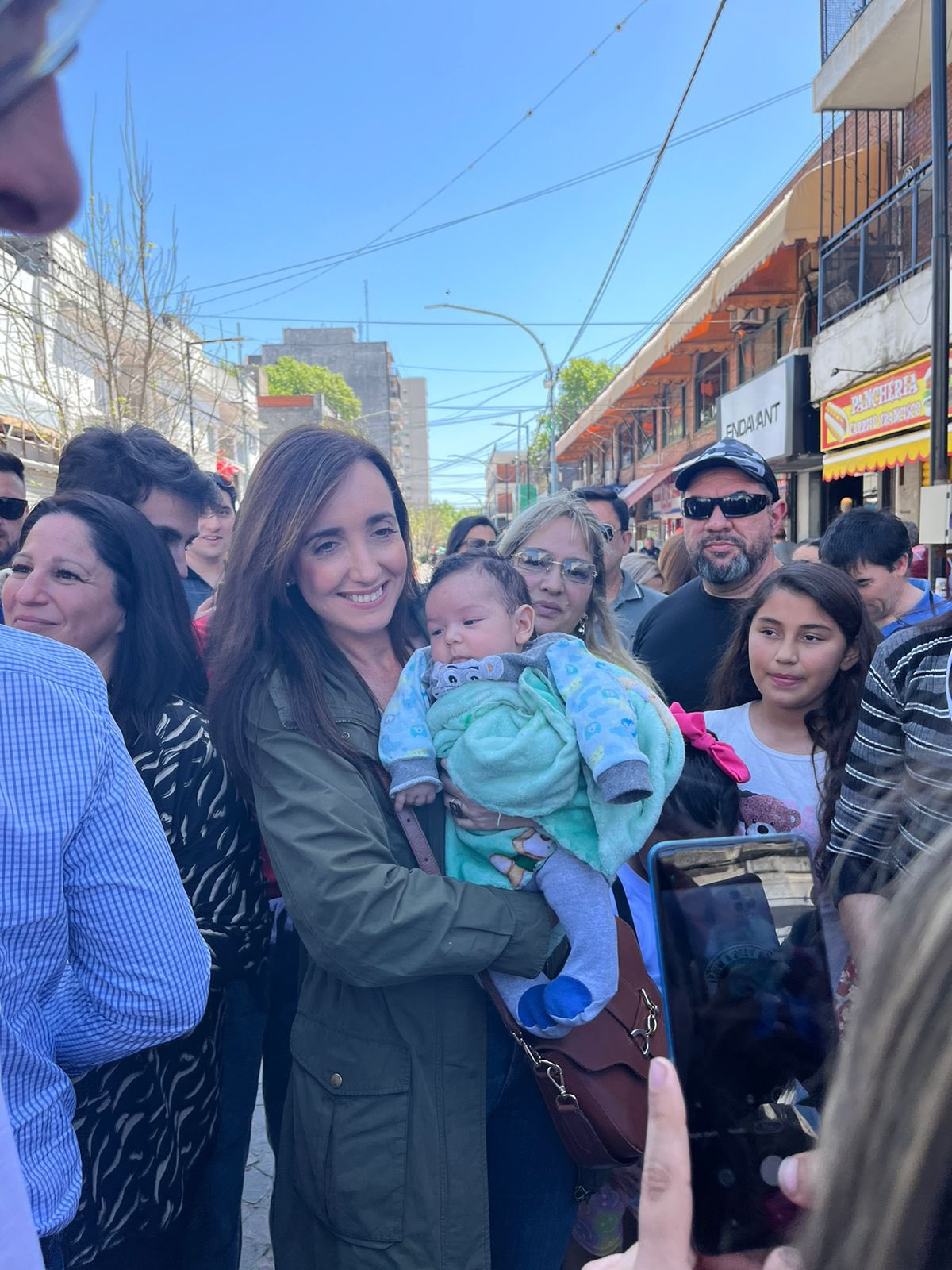
The vice president-elect of Argentina has heralded a “new era” for the pro-life movement and called for a repeal of the nation’s 2020 law that legalised abortion up to 14 weeks.
The presidential election was won by Javier Milei, an avowed anti-abortion politician, securing 55.6% of the national vote.
During his campaign, Milei vowed to launch a referendum on Argentina’s abortion law
His running mate, Victoria Villarruel, 48, and now the vice president-elect, is also an outspoken pro-lifer who has used her position as a writer and politician to condemn abortion and affirm the “right to life, because life begins at conception”, stating that her stance is not “a matter of religion” but of “pure biology”.
The congresswoman has also stated that she’d support a repeal of the “disastrous” 2020 law that legalised abortion up to 14 weeks, explaining that “there was a lobby here that was also promoted from abroad, abortion is big business and there is a lobby that promoted this issue”.
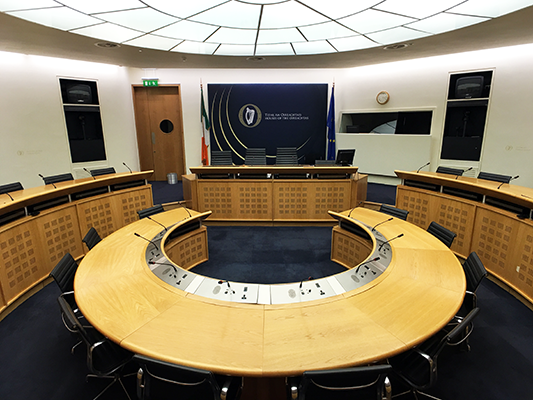
A call for greater provision of palliative care was made at the Oireachtas committee on ‘assisted dying’ on Tuesday.
The meeting heard from the Irish Hospice Foundation (IHF), the Irish Association for Palliative Care (IAPC) and from Hope Ireland.
In its submission, the IHF said some 74 per cent of Irish adults would prefer to die at home, but only 23 per cent will do so.
The IHF told the committee that access to timely palliative care was associated with improved quality of life, and the percentage of people dying in Ireland who will require palliative care was projected to increase by up to 84 per cent by the year 2046 as the population ages.
“While availability and access to palliative care services has been increasing, access is uneven and there are still some regions without an inpatient Specialist Palliative Care unit”.
There was a need to focus on strengthening access to primary palliative care and generalist palliative care, the IHF said, adding, “access to care can be improved through expanding the knowledge on end-of-life care across different professionals and care settings.”

Medical ethics must be informed by a robust understanding of medicine’s role within the Nazi regime, according to a new report from a commission of prestigious journal, The Lancet.
The history of medicine is the focus of the ‘Lancet Commission on medicine, Nazism, and the Holocaust: historical evidence, implications for today, teaching for tomorrow’.
Through examples of discriminatory and inhumane medical policies and practices under the Nazi regime, the authors inform approaches to contemporary issues in medicine and underscore the importance of centring human rights and dignity in medical professionals’ conduct, including a willingness to stand up to wrongdoing whenever and wherever necessary.
“Nazi medical atrocities represent some of the most extreme and best-documented examples of medical involvement in human rights violations in history,” explains Commission Co-Chair Dr Sabine Hildebrandt of Boston Children’s Hospital and Harvard Medical School. “While it is tempting to view the perpetrators as incomprehensible monsters, the evidence put forward by the Commission demonstrates how many health professionals were capable of committing ethical transgressions and even crimes against their patients under certain conditions and pressures.”
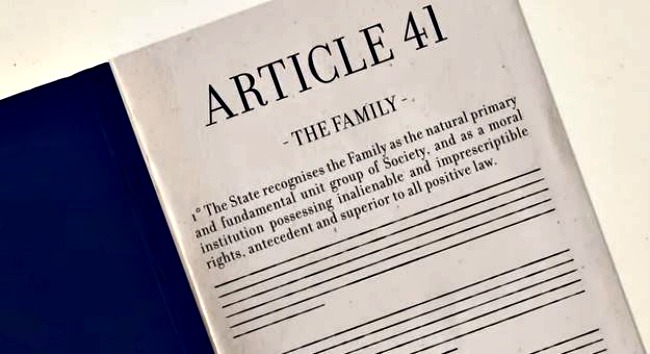
The Government is likely to propose a change to the definition of marriage and family in the constitution in a second referendum planned for early March.
The change will clarify that families not based on marriage are legally recognised. It is not clear what will happen the “special status” of marriage.
The vote will be held on the same day — likely March 8th — as the referendum on deleting the protection afforded mothers in the home.
Though there are significant misgivings about the proposal within Government, with several senior figures unconvinced on the issue, Taoiseach Leo Varadkar confirmed to the Dáil on Tuesday that he will propose two separate referendums.
Government spokespeople declined to release the proposed wording until the plan is approved by the Cabinet, expected to happen next week.
Article 41 recognises the Family as the natural primary and fundamental group unit of Society, possessing inalienable and imprescriptible rights, antecedent and superior to all positive law, though it does not define what it means by the family.
A subsequent section pledges to guard “with special care the institution of Marriage, on which the Family is founded, and to protect it against attack”.
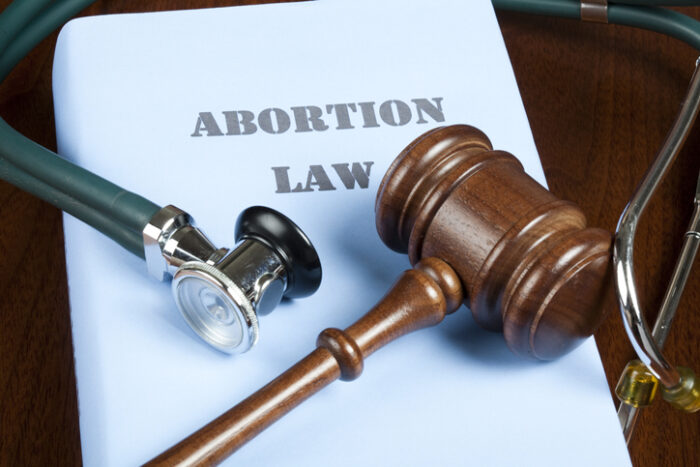
In a draft report, cited by The Irish Times, the Oireachtas Committee on Health is recommending that the Government move “without delay” to introduce all the legislative changes recommended by the Abortion Review.
In her review, barrister, Marie O’Shea, recommended the decriminalisation of abortion, the removal of the mandatory three-day waiting period, and the expansion of eugenic abortion when the pre-born child is suffering a serious life-limiting condition.
In response to the Committee’s report, the Pro-Life Campaign expressed dismay: “Considering the deeply flawed nature of the three-year review report, the government must be very cautious in how it responds to this”.
“A cavalier rush to overhaul Ireland’s existing abortion laws would be a huge mistake. The government should shelve this report and consider launching a new and thorough process to seriously examine the impact of Ireland’s abortion laws, like addressing how we reduce the spiralling abortion rate which we’ve seen since 2019 and implementing safeguards to prevent future instances like the horrific case of Baby Christopher, a healthy baby who was aborted following a misdiagnosis of a fatal foetal abnormality in Holles Street hospital,” said a spokesperson.

The Government plans to hold a referendum to delete the protection afforded mothers in the home from being forced out to work, with the date of March 8th – International Women’s Day – likely to be the polling day, reports the Irish Times.
The proposal will include a recognition of family carers and an aspiration that the State should “strive to support the provision of care” in the home, but will not at this point alter the recognition given to the family “based on marriage”.
The proposal was discussed at a Cabinet Committee meeting yesterday and is likely to be brought to next week’s Government meeting for approval.
It is understood that no change is likely to be proposed to the articles which deal with the rights of the family.
However, the new wording will include recognition by the State that the “provision of care by family members to each other by reason of the bonds that exist among them” gives a support to society “without which the common good cannot be achieved”.
The State, it is expected to say, “shall strive to support such provision”.
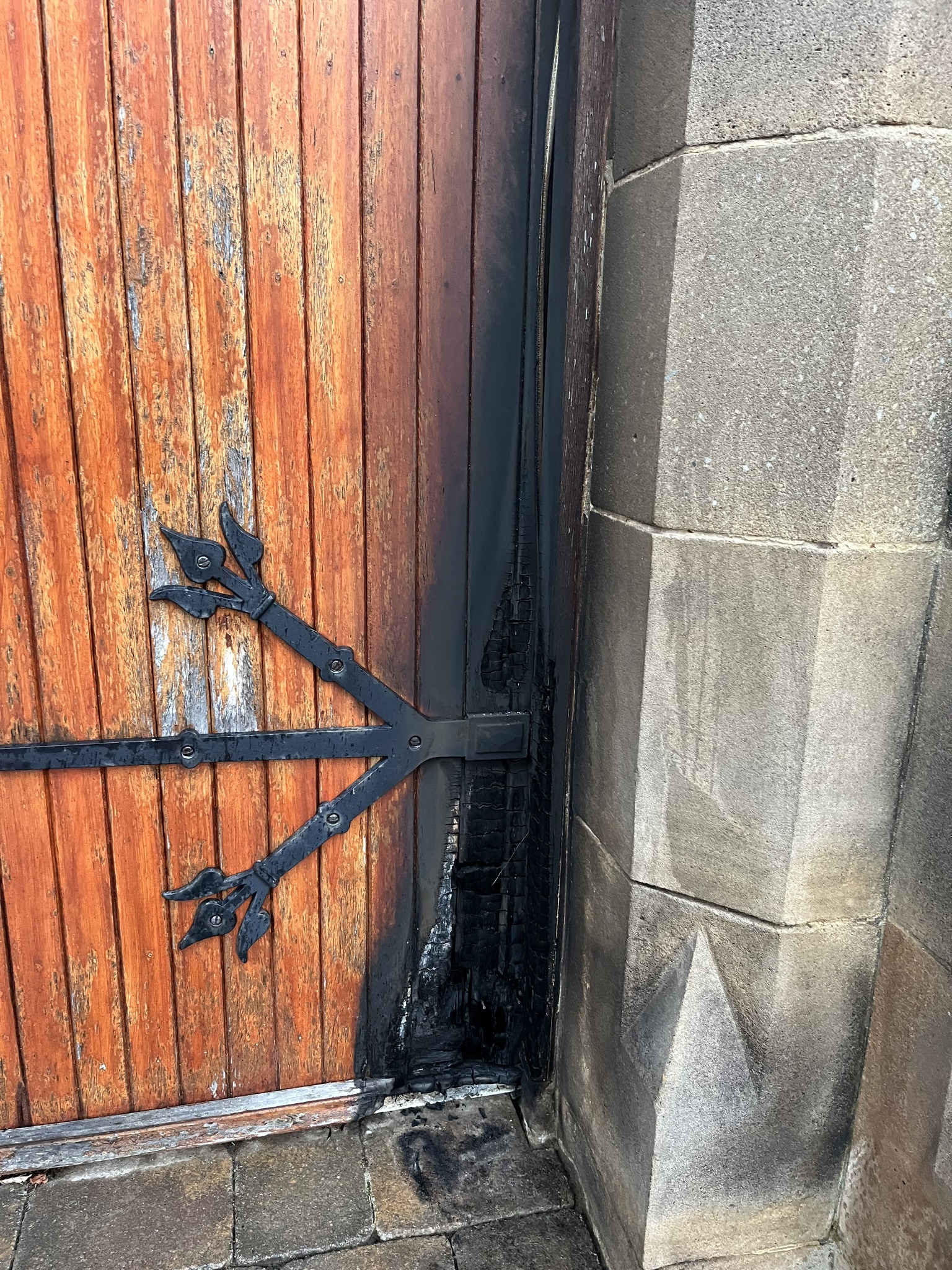
A priest has said it is a mystery why his Co Antrim church was targeted in an arson attack.
Police are appealing for information and witnesses following the report of criminal damage at the side door of Our Lady and St Patrick’s Catholic Church in the Castle Street area of Ballymoney.
Parish priest Fr Damian McCaughan discovered the fire on Sunday night and put it out.
He said he was alerted when the fire alarm went off shortly before 10pm.
Fr McCaughan said a wooden log covered in a propellant had been laid against the door.
“I gave the log a kick and then I got a bucket of water and threw it over the door to stop it burning,” he said.
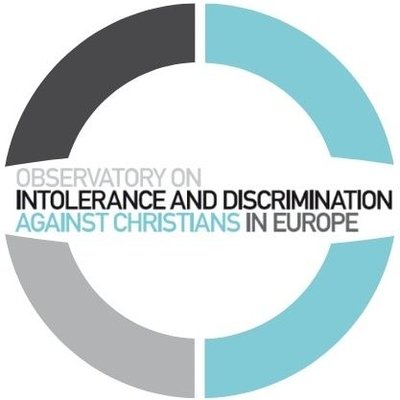
Europe has witnessed a 44% jump in anti-Christian hate crimes across more than two dozen countries over the past year, according to a monitoring group.
The Vienna-based Observatory on Intolerance and Discrimination against Christians in Europe (OIDAC Europe) on Thursday released its annual report detailing the spike in anti-Christian incidents, which it said is “connected to a rise in extremist motivation and a higher acceptance of the targeting of churches.”
The group’s surveys of “intolerance and discrimination” against Christians reported “physical attacks and threats against individual Christians or Christian communities, desecration and vandalism of Christian sites” and “violations of freedom of religion, expression, association, and conscience,” among other incidents.